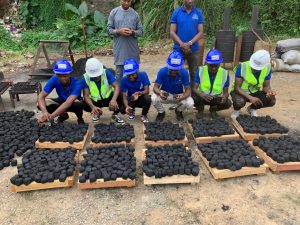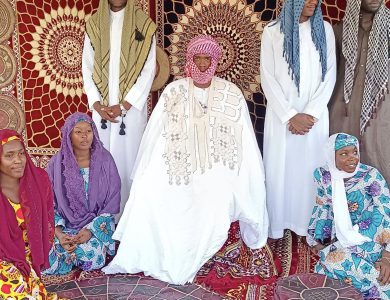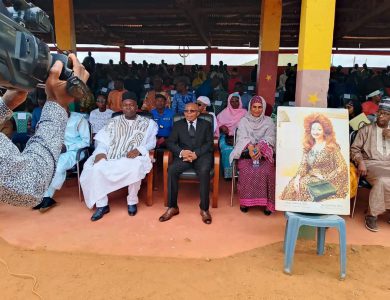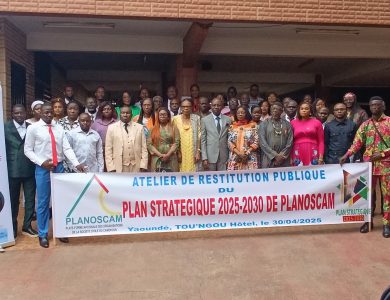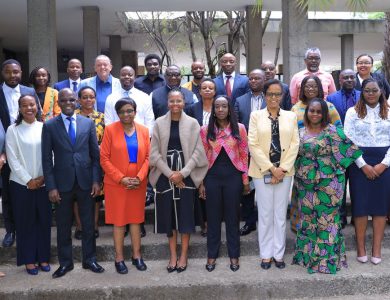The Management of household waste in Cameroon is usually a daunting challenge, especially in urban areas where overpopulation is common.
In order to protect the environment and build resilience to climate change, a group of young Cameroonians in the nation’s capital Yaoundé, have been transforming food waste into smokeless and eco-friendly charcoal briquettes.
This innovative recycling is carried out in a structure known as STEMA Industry. The youths believe the invention could be a game-changer in saving the country’s forests and preventing the spread of indoor pollution-related diseases.
They collect household waste to their production site for transformation. The head of STEMA Industry, Djeutchou Steve says the process is tedious but the end product is satisfactory.
“We have been working as a group for several years and just want to ensure that we reduce the adverse effects of waste in the environment. So, we collect the waste and transform it into eco-friendly charcoal”. Steve Djentchou, head of STEMA Industry told CRTV Web.
Production Process
The process starts with the collection of raw materials, including rice husks, plantain peelings, and maize stems, among others, which are subsequently dried and carbonised in order to get rid of volatile compounds and moisture. Fuel with a higher proportion of carbon (char) is derived from the procedure, and later bound with the use of starch.
They do this by placing the briquettes into a moulder and applying force to shape the briquette. The briquettes are then laid out to dry in the sun on polythene, iron sheets or a wire mesh. This process, called sun-drying, can take up to three to four days.
“We train other youths, especially women, on how to go about their charcoal production method. The trainees gather the waste material in exchange for instruction on how to transform it into charcoal briquettes and sell their finished product”. Djeutchou Steve explained
Environmental Experts say, this recycling technique is very important because it helps fight the adverse effects of climate change in the country and creates jobs for young Cameroonians.
Tanjong Levis Agbor


